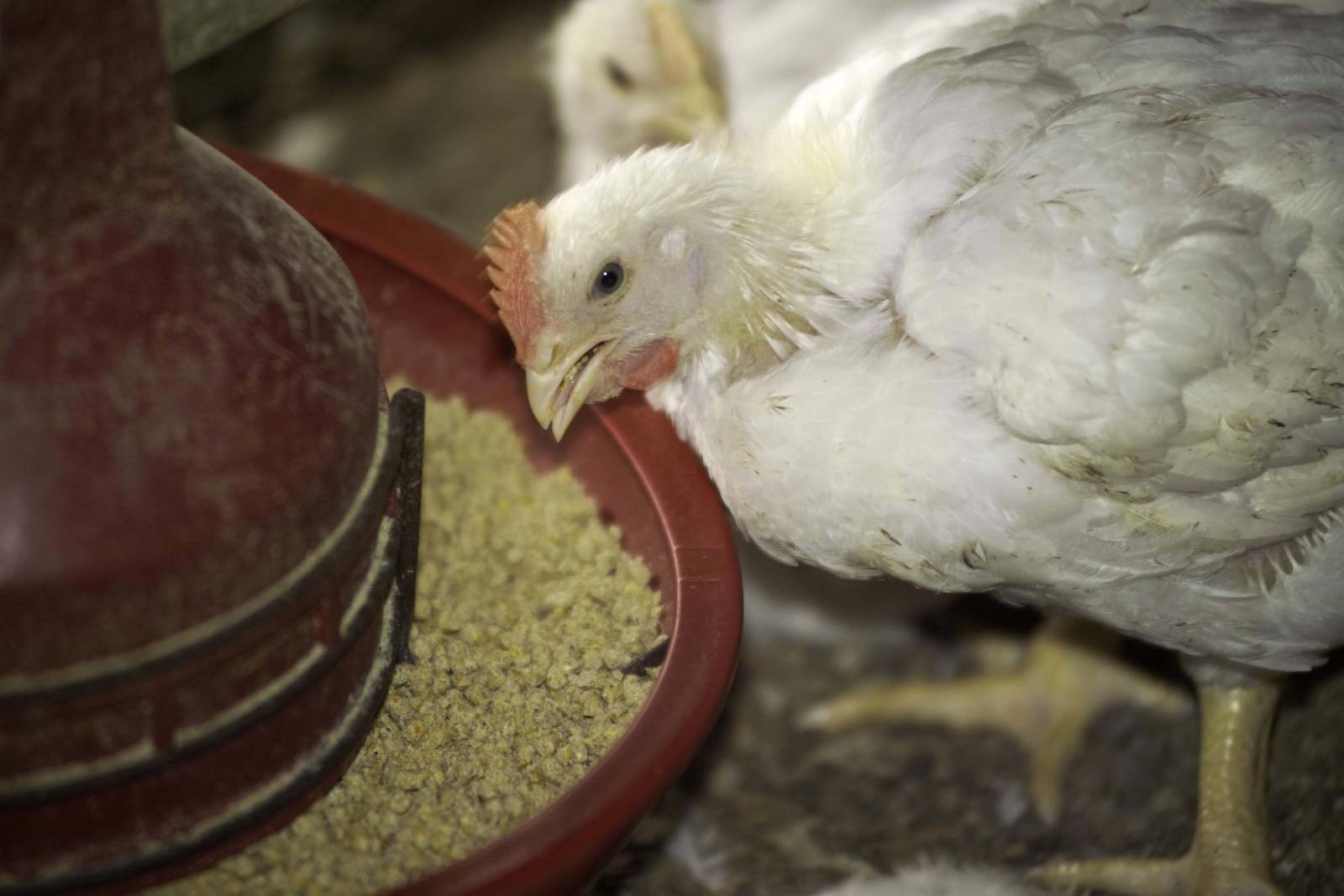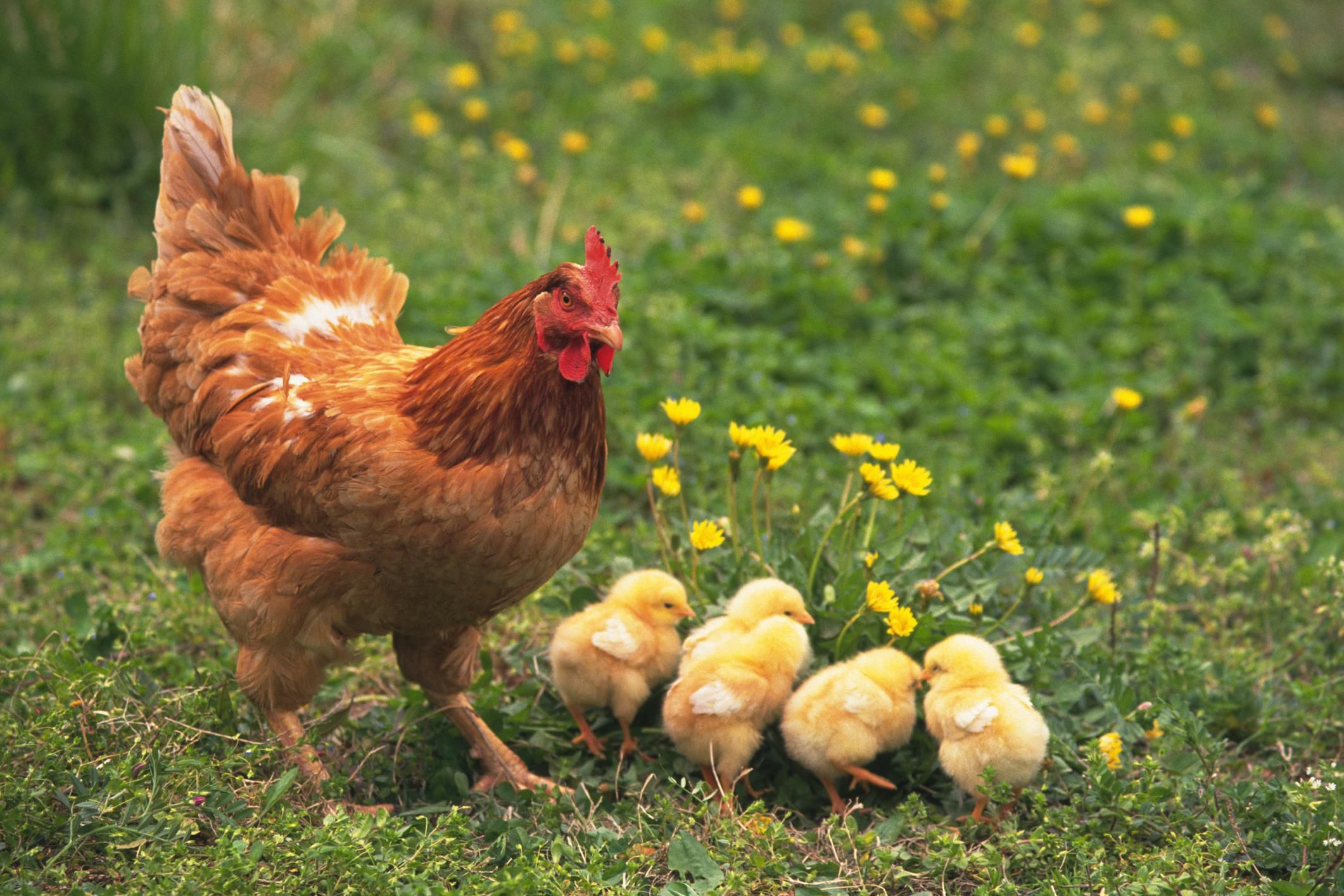Ensuring the health and productivity of your flock is a top priority for any poultry keeper. One critical aspect that directly influences the well-being and performance of chickens is their diet, specifically the protein content in their feed. This article delves into the significance of chicken feed protein and provides insights into how it impacts the overall health of your flock.
Understanding the Role of Protein in Chicken Feed
Why Protein Matters in Chicken Feed
Protein is a fundamental building block for all living organisms, including chickens. It plays a vital role in growth, feather development, and egg production. Inadequate protein intake can lead to numerous health issues, affecting the overall productivity of your flock.
Protein Requirements for Different Chicken Stages
Chickens have varying protein needs at different stages of their life cycle. For instance, chicks require higher protein levels for rapid growth, while laying hens need adequate protein to maintain egg production. Understanding these requirements helps in formulating appropriate diets.
Sources of Protein in Chicken Feed

Plant-Based Protein Sources
Plant-based proteins, such as soybean meal and alfalfa, are commonly used in chicken feed. These sources are rich in essential amino acids, which are crucial for growth and development. Including a variety of plant proteins can help meet the nutritional needs of your flock.
Animal-Based Protein Sources
Animal-based proteins, including fish meal and meat meal, are highly digestible and provide a concentrated source of protein. These ingredients are particularly beneficial for young chicks and laying hens, ensuring they receive the necessary nutrients for optimal performance.
Balancing Chicken Feed Protein for Optimal Health
The Right Protein Levels for Your Flock
Determining the correct protein levels in chicken feed is essential. Overfeeding protein can lead to excess nitrogen in the manure, causing environmental concerns, while underfeeding can result in poor growth and reduced egg production. It is crucial to balance protein intake based on the specific needs of your flock.
Incorporating Hen Protein in Feed
Hen protein, derived from eggs or egg products, is an excellent source of high-quality protein. It is particularly beneficial for laying hens, enhancing egg production and improving shell quality. Including hen protein in the diet can boost the overall health and productivity of your flock.
Monitoring and Adjusting Protein Levels

Signs of Protein Deficiency
Observing your chickens for signs of protein deficiency is essential for maintaining their health. Symptoms such as poor feather quality, decreased egg production, and slow growth can indicate inadequate protein intake. Regularly monitoring these signs can help in making necessary dietary adjustments.
Adjusting Feed Formulations
Periodically reviewing and adjusting feed formulations based on the age and productivity of your flock ensures they receive the right amount of protein. Consulting with a poultry nutritionist can provide valuable insights into formulating balanced diets that meet the specific needs of your chickens.
Conclusion
Ensuring that your flock receives adequate protein in their diet is crucial for their health and productivity. Understanding the importance of chicken feed protein and incorporating appropriate protein sources can significantly impact the well-being of your chickens. By carefully balancing protein levels and monitoring your flock’s health, you can boost their overall performance and ensure a thriving poultry operation.

